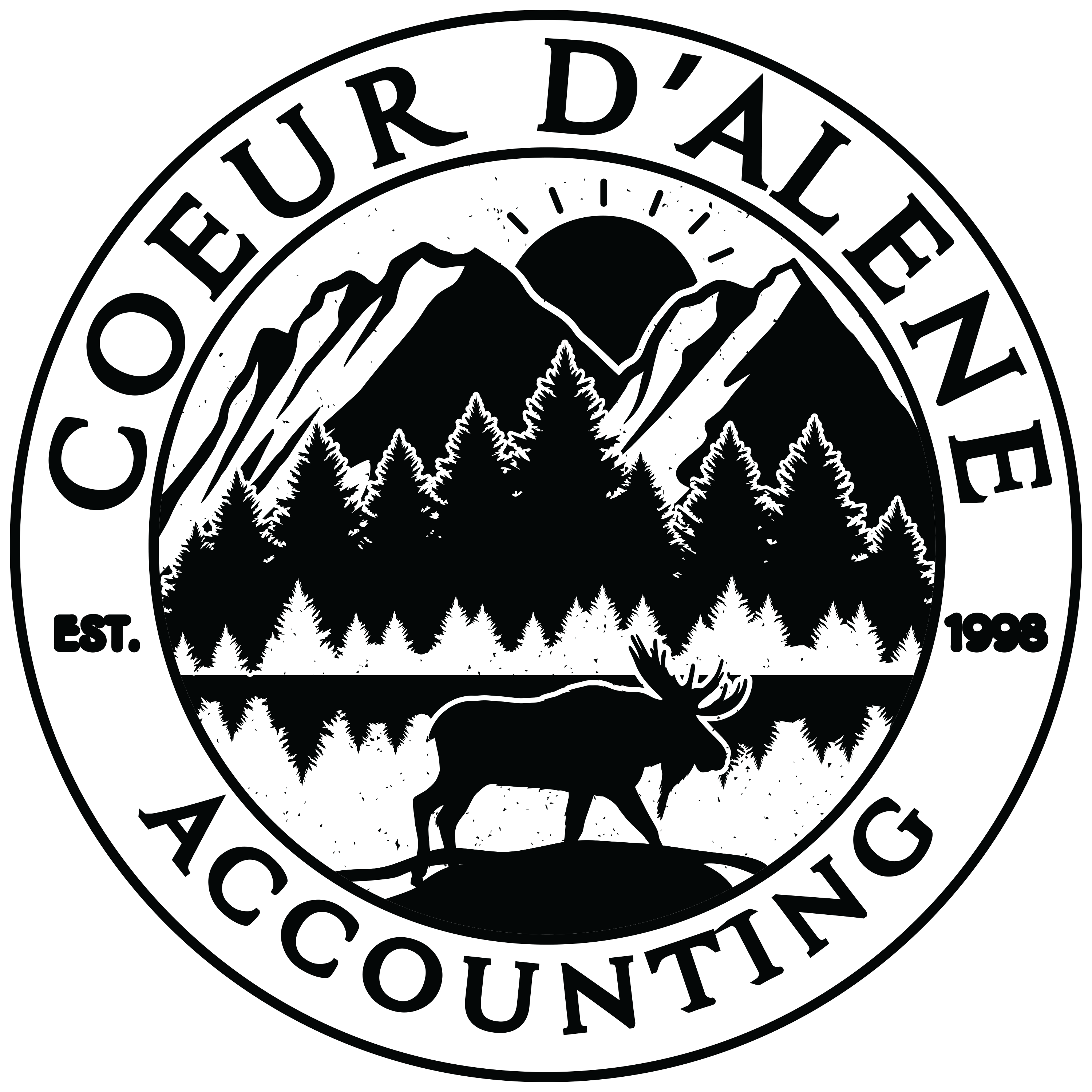
If you have a home that you both rent out and use personally, you have a tax-code-defined vacation home.
Under the tax code rules, that vacation home is either
- a personal residence, or
- a rental property.
Personal Residence
The tax code classifies your Coeur d’Alene vacation home as a personal residence if
- you rent it out for more than 14 days during the year, and
- your personal use during the year exceeds the greater of (a) 14 days or (b) 10 percent of the days you rent the home out at fair market rates.
Count only actual days of rental and personal occupancy.
Disregard days of vacancy, and disregard days that you spend mainly on repair and maintenance activities.
“Personal use” generally means use by the owner (that would be you), certain family members, and any other party (family or otherwise) who pays less than fair market rental rates.
If your vacation home is used by another person under a reciprocal arrangement (e.g., “I use your place and you use mine”), such use is considered personal use. That is the case whether or not you charge the other person fair market rent for the use of your property and whether or not you pay fair market rent for your use of the other person’s property.3
Rental Property
The tax code classifies your CDA vacation home as a rental property if
- you rent it out for more than 14 days during the year, and
- your personal use during the year does not exceed the greater of (a) 14 days or (b) 10 percent of the days you rent the home out at fair market rates.
Once again, count only actual days of rental and personal use.
Disregard days of vacancy, and disregard days that you spend mainly on repair and maintenance activities.
| Example 1. Vacation home classified as rental property
This year, you will rent your beachfront condo to third parties at fair market rates for 240 days. You and family members will use the condo for 22 days. Since personal use does not exceed the greater of (a) 14 days or (b) 10 percent of the rental days (24 days), your condo is classified as a rental property for the 2022 tax year.
|
Fundamental Tax Rules for Rental Properties
For vacation homes that are classified as rental properties, you must allocate mortgage interest, property taxes, and other expenses between rental and personal use, based on actual days of rental and personal occupancy.
Mortgage Interest Deductions
Mortgage interest allocable to personal use of a rental property does not meet the definition of qualified residence interest for itemized deduction purposes. The qualified residence interest deduction is allowed only for mortgages on properties that are classified as personal residences.
| Example 2. Impact of classification as rental property on mortgage interest deductions
As in Example 1, you will rent your beachfront condo for 240 days this year and use it for personal purposes for 22 days. The tax code treats your condo as a rental property.
That means you must allocate all the expenses between rental and personal use, using 240/262 as the rental-use fraction and 22/262 as the personal-use fraction. Accordingly, 22/262 of the mortgage interest for the condo is non-deductible. The same is true for 22/262 of the other expenses (insurance, utilities, maintenance, depreciation, etc.).
You can deduct the personal-use portion of real property taxes on Schedule A of Form 1040, subject to the limitation on itemized deductions for state and local taxes: $10,000 (or $5,000 if you use married filing separate status). |
The Seven-Days-or-Less and Less-Than-30-Days Rules
- The IRS says the $25,000 small landlord exception is not allowed
- when the average rental period for your property is seven days or less, or
- when the average period of customer use for such property is 30 days or less, and significant personal services are provided by or on behalf of the owner of the property in connection with making the property available for use by customers.
Meeting the Material Participation Standard
The three most likely ways to meet the material participation standard for a vacation home rental activity are when the following occur:
- You do substantially all the work related to the property.
- You spend more than 100 hours dealing with the property, and no other person spends more time on this property than you.
- You spend more than 500 hours dealing with the property.
In attempting to clear one of these hurdles, you can combine your time with your spouse’s time. But if you use a management company to handle your vacation home rental activity, you’re very unlikely to pass any of the material participation tests.


Recent Comments